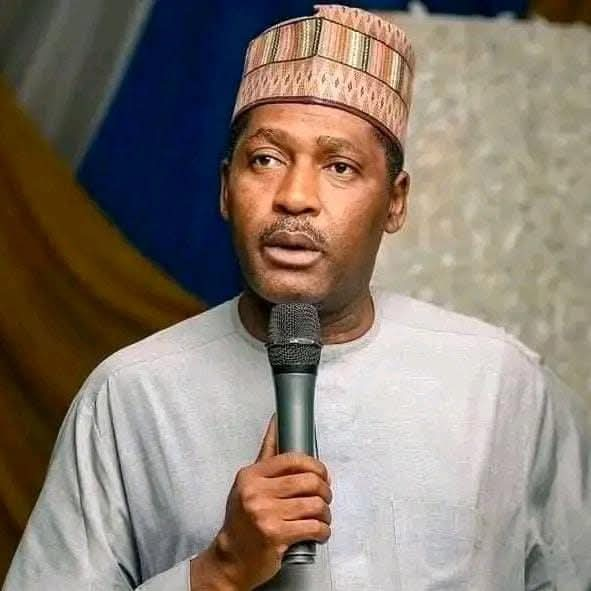Special Adviser to the President of the Senate on Diaspora and NGOs, Dr. Jibril Lawal Tafida, has reiterated the urgent need to integrate youth and women into Nigeria’s governance structure, describing their inclusion as critical to the survival and success of the country’s democracy.
Delivering a keynote address at the Youth and Women Inclusiveness in Governance summit, organized by the Coalition of Northern Youth and Women for Good Governance, Dr. Tafida called for immediate policy reforms to dismantle the systemic barriers preventing meaningful participation of young people and women in national leadership. The event was held at the Sir Ahmadu Bello Memorial Foundation Centre in Kaduna.
“Our democracy is incomplete and defective if it excludes the voices and talents of over 60% of our population — the youth and women,” Dr. Tafida said. “Their energy, innovation, resilience, and perspectives are Nigeria’s greatest assets. If properly harnessed, they will drive economic growth, social stability, and political transformation.”
In his closing remarks, Dr. Tafida issued a passionate call to action, urging all stakeholders — including political leaders, civil society groups, the media, and the Nigerian diaspora — to collaborate in building an inclusive democratic process that reflects the country’s diverse population.
He concluded, “The future of Nigeria lies in the hands of its citizens — young and old, male and female. Only through collective effort can we build a just, inclusive, and prosperous nation.”
The conference brought together youth leaders, women advocates, civil society actors, and government officials, all echoing the need for policies that guarantee meaningful representation and active participation of underrepresented groups in governance.
Dr. Tafida lamented that Nigeria’s political system remains heavily skewed in favour of older elites, often reinforced by expensive campaign financing, entrenched “godfatherism,” and cultural biases that sideline women and youth from political leadership. He stressed that these patterns must change for Nigeria’s democracy to evolve and mature.
He proposed several actionable steps, including legislative reforms to reduce campaign costs, public funding for aspiring candidates from marginalized groups, inclusive political appointments, and a reform of internal party structures to allow for free and fair representation of all demographics.
The address also highlighted corruption as a major threat to governance and democracy. Dr. Tafida described corruption as a “pervasive problem” that erodes public trust, fuels inequality, and discourages investment. He urged youth to become agents of accountability through civic engagement, political participation, and advocacy.
“Young Nigerians must not only demand change but also become the change-makers by joining political parties, running for office, and holding institutions accountable,” he said.


